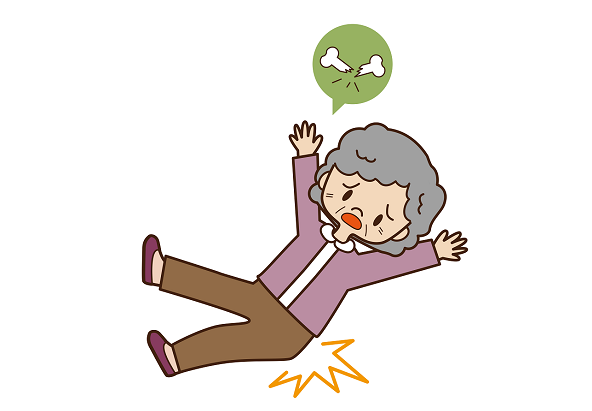
The End of Life Options Act is representative of laws dealing with what is sometimes termed “Death with Dignity.” While this is not an easy topic for many of us to discuss or consider, it is worth doing so. I hope that you, Dear Reader, can put aside any fears or squeamishness about the topic, read this article, and give the matter some thought.
Life is transitory by its very nature. Always has been. Always will be. Consideration of how we deal with end-of-life issues is worthy of a bit of our time. Afterwards, put it aside, have a cookie and go outside and play. After all, if you are reading this you are still alive! These statutes allow us, under certain criteria, to make decisions regarding choosing to end our own lives when we have a terminal illness.
We are More Than Just a Patient
Much of the writing, by others, on this topic refers to a “patient.” I use the term “person” since it humanizes and personalizes each and every one of us. We are more than a charted patient, afflicted with some alpha-numerically coded medical condition. I view it as important that we think of others, and ourselves, in this manner. The following is a parable to ponder:
Bring to your mind the story of the little boy tossing starfish back into the water, after they had been washed up onto a beach. There were many hundreds of those starfish. Someone asked him why he was wasting his time tossing them, one by one, back into the ocean. He was told that what he was doing did not matter, since more would just be washed up onto the beach. The boy bent down, picked up another starfish, and tossed it back into the ocean. The boy looked up at the other person and said, “It mattered to that one.” Especially at the end of our lives, our choices matter. Remember, and do not forget that.
Specifics of The Act in Colorado
The states listed below, and the District of Columbia, have their own specific statutes regarding end-of-life legislation. However, it is safe to presume that Colorado’s specifics are a good guideline to what will be found elsewhere.
In the state of Colorado, on November 8, 2016, voters passed Proposition 106, the End of Life Options Act. Clicking on the prior underline will take you to a PDF file of Proposition 106. The voting margin was 65% to 35%, and the proposition went into effect on December 16, 2016. Similar “death with dignity” statutes have been enacted in California, Hawaii, Maine, Oregon, New Jersey, Vermont and Washington State and Washington D.C.
Colorado’s statute is focused on a person with a terminal illness. It allows us, when we meet certain qualifications, to receive medical assistance to end our lives in a painless, peaceful and dignified way. The primary requirements are:
- Life expectancy is six months or less
- Residency must be in Colorado
- Request must be made, and fulfilled, for medication to end one’s life
- Must have the mental capacity to make an informed decision
- Must be at least 18 years of age.
Informed Decision
An informed decision must be preceded by information provided by the attending physician. This information includes, among other things, the knowledge that the person can reasonably expect to live for 6 months or less; that alternative palliative (comfort) or hospice care is available and possible; and that the medication can be administered by the person, or a medical professional, when or if they decide that they are ready to die. It is only after the attending physician has done this, that the person, if mentally capable, can make an informed decision.
How to Request the Medication
If the above criteria are met, the person with the terminal illness must make two verbal requests for the medication. These requests must be made 15 days apart. A written request is then required. This written request must be witnessed by two people. At least one of the people must have no relation to the person, either by blood, marriage, civil union or adoption; must not be the POA (Power of Attorney) or administrator of the person’s affairs/estate; must not be a future recipient of anything in the person’s will; may not be an owner, operator or employee of the health care facility where the person is receiving treatment, and may not be the person’s physician.
Rescinding the Request
NOTE: The written declaration of a desire to end one’s life can be rescinded at any time by the person who is terminally ill. What makes sense at one time might be viewed differently weeks or months later. The request for assistance in ending our lives without pain, and with the dignity we desire, is obviously serious business. And yet, it is not written in granite, never to be reconsidered.
End of life options are for each of us to ponder, and decide upon or not, according to our own circumstances and belief systems. We are well past the times when dying a long, slow painful death was the norm for a person with certain maladies. There are always alternatives, and we have choices in which alternatives we prefer to utilize. Mr. Spock, in a Star Trek episode of the original series, once told Captain Kirk, “There are always alternatives, Captain.” And he was correct. I’ll leave it to you to find the episode that line is from. May we all live long and prosper.
Aaron Ainbinder is the author of “Just Before the Stroke of Seven”.


Comments